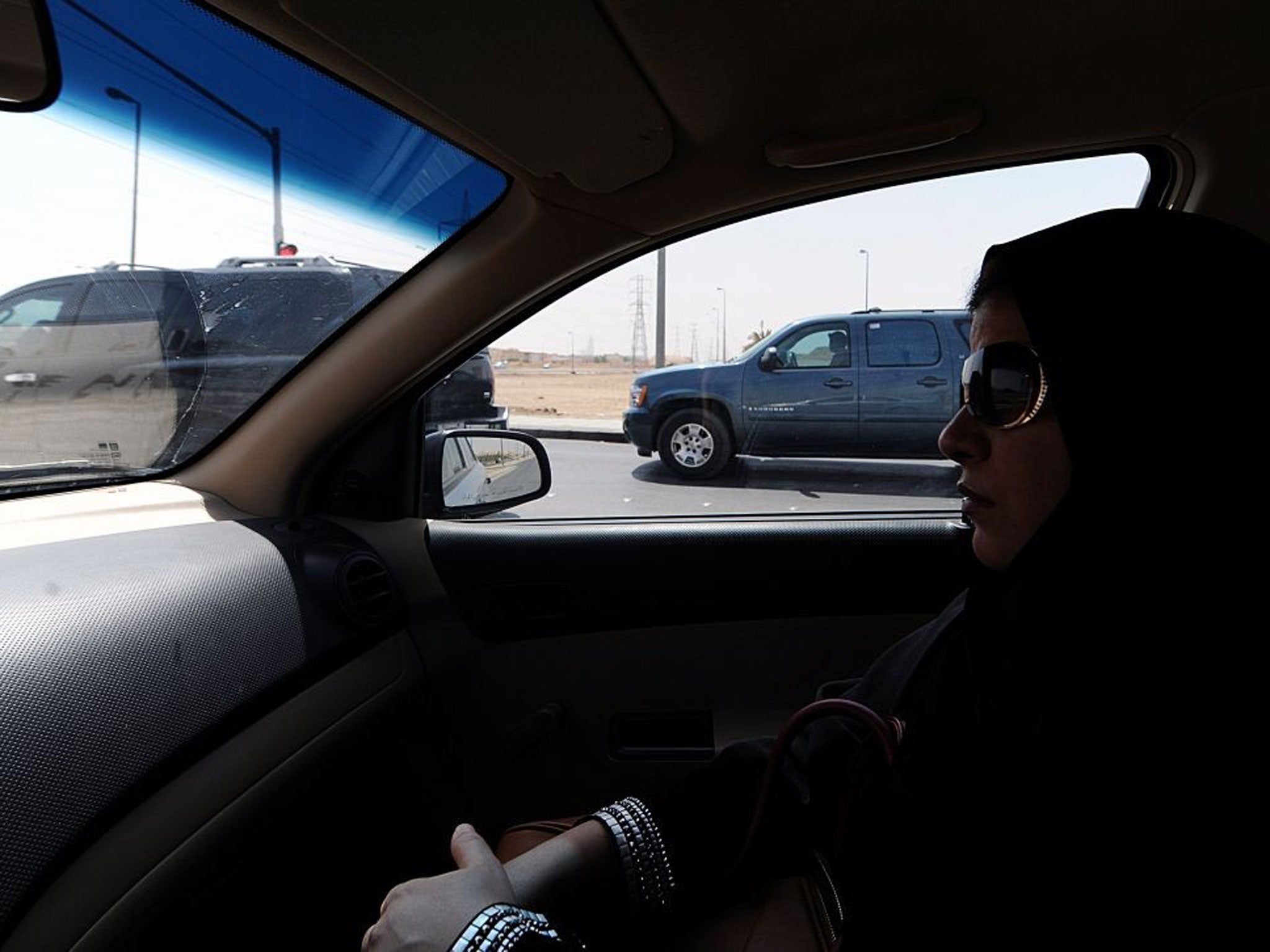Driving a car 'damages women's ovaries and leads to children with clinical problems', according to a senior Saudi cleric
As debate over the ban on women drivers in Saudi Arabia intensifies, one of the country's most influential conservative religious leaders weighs in citing 'physiological medical studies'

Driving a car damages women's ovaries and means they have children with "clinical problems", according to one of the most senior conservative clerics in Saudi Arabia.
Sheikh Saleh al-Lohaidan, who made the comments ahead of a protest calling for women to be allowed to drive in the country, is one of the 21 members of the Saudi Senior Council of Scholars.
He is jointly responsible for advising the government of King Abdullah, has a large and loyal following among other influential conservatives, and is capable of issuing fatwas, or religious edicts.
In an interview published on Friday by the website sabq.org, he called for female campaigners to listen to "reason" instead of following their "hearts, emotions and passions".
"If a woman drives a car, not out of pure necessity, that could have negative physiological impacts as functional and physiological medical studies show that it automatically affects the ovaries and pushes the pelvis upwards," Lohaidan told Sabq.
"That is why we find those who regularly drive have children with clinical problems of varying degrees," he said.
According to the Wikileaks releases of US embassy cables coming out of Saudi Arabia, Lohaidan has something of a track record for this sort of public statement.
US diplomats in Riyadh said the cleric was "broadly viewed as an obstacle to reform" and that his "ill-considered remarks embarrassed the kingdom on more than one occasion".
The ruling al-Saud family derives much of its legitimacy from the clerical elite, although the council does not directly decide Saudi policy.
The "ban" on women driving in Saudi Arabia is indirectly enforced - though there is no law directly disallowing it, only men are officially granted driving licences, and women can be fined for driving without one.
On 26 October a campaign to defy the ban will culminate in a protest drive, with plans for thousands of women to take to the streets - behind the wheel - at the same time.
Online support for the drive built quickly, although the Twitter feed of Eman Al Nafjan (@Saudiwoman), a prominent Saudi writer and blogger, said on Sunday that the website for the campaign had been blocked by the Government.
Subscribe to Independent Premium to bookmark this article
Want to bookmark your favourite articles and stories to read or reference later? Start your Independent Premium subscription today.

Join our commenting forum
Join thought-provoking conversations, follow other Independent readers and see their replies